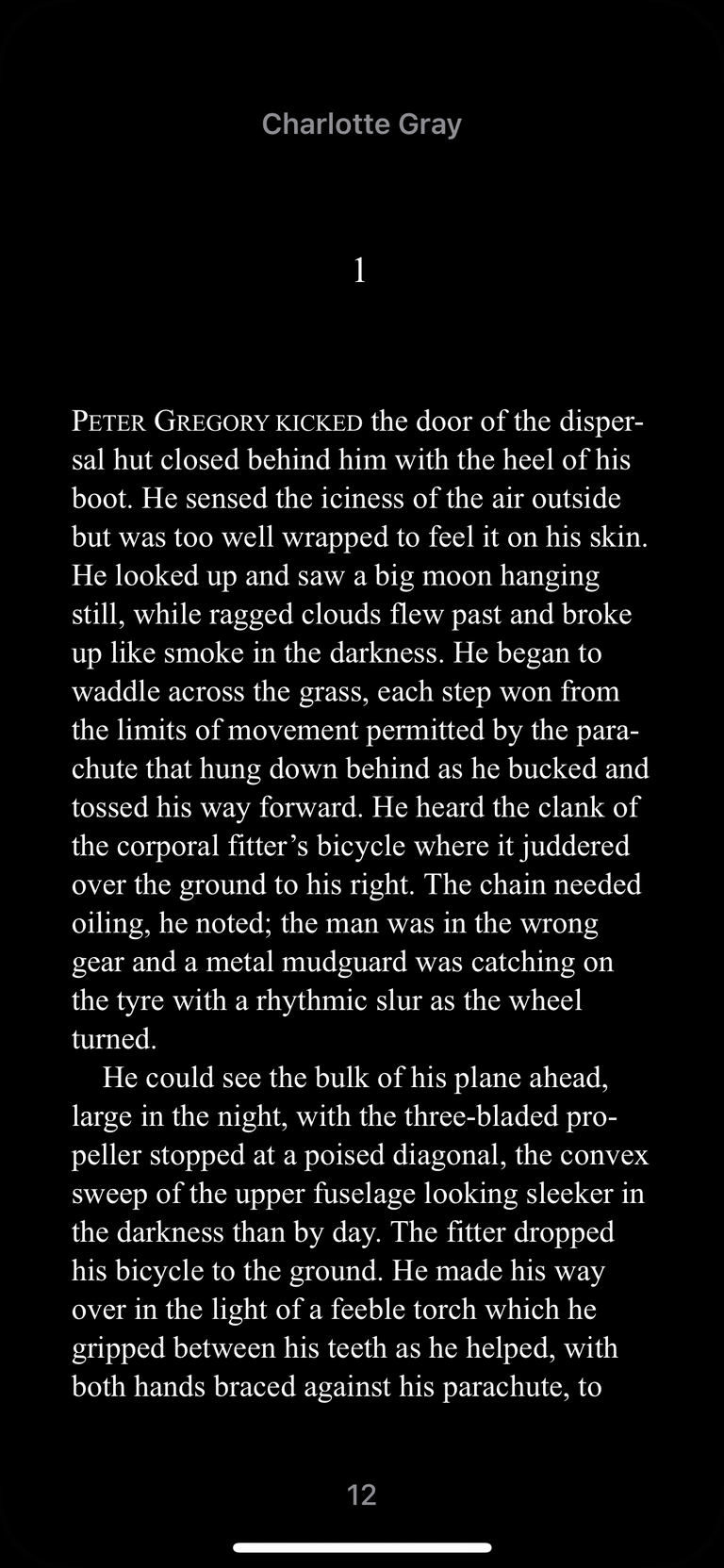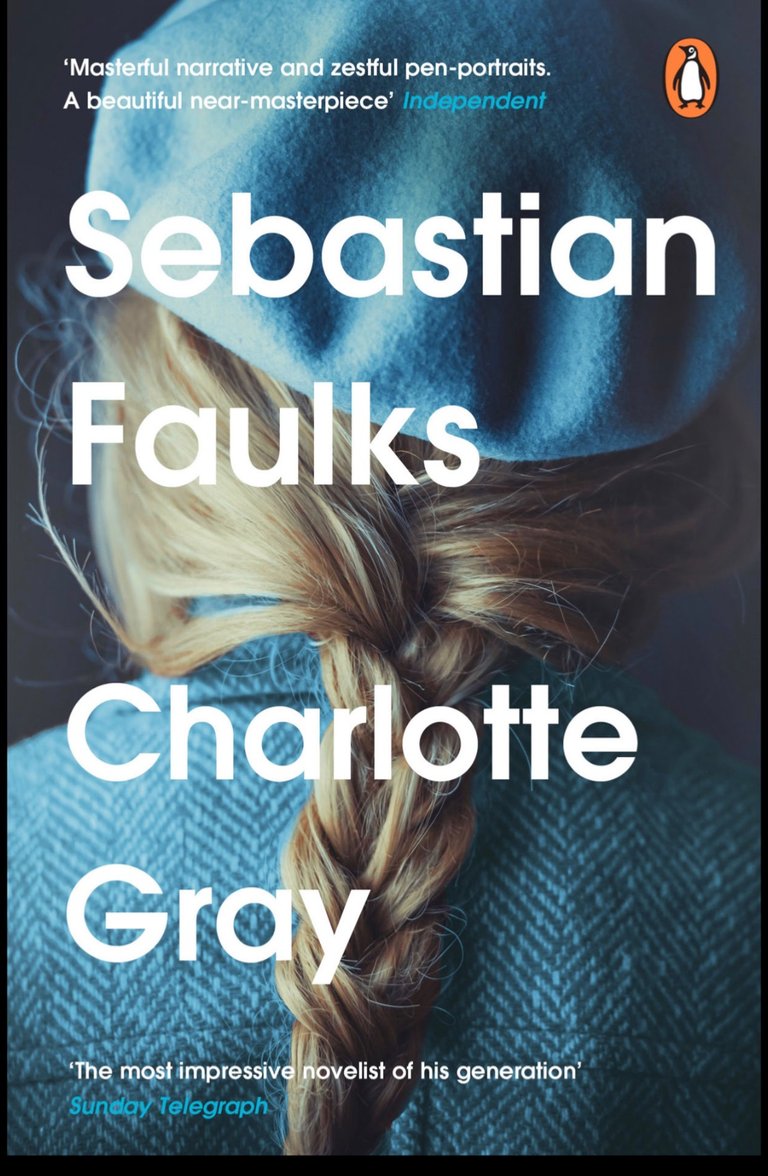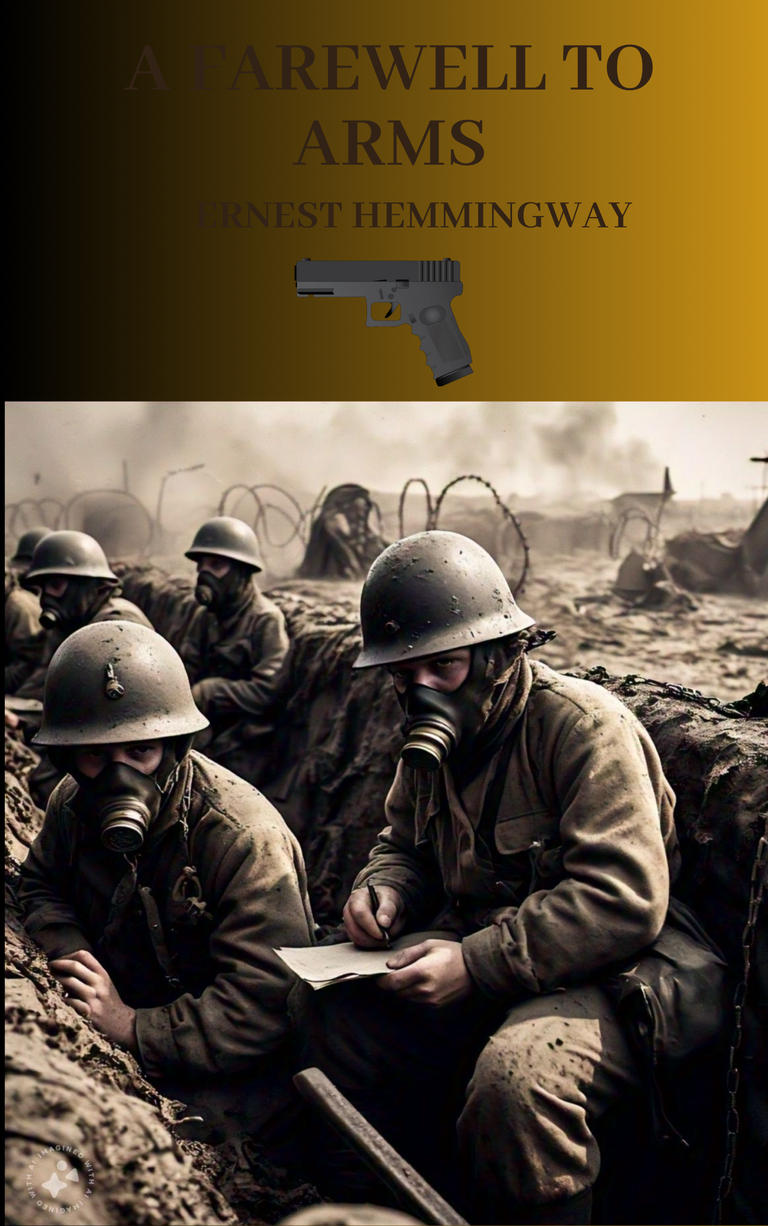
During the First World War (1914-1918), over 20 million soldiers and civilians lost their lives. Humanity experienced more monumental changes than it had ever before. One of the most significant changes is the development of weapons, for example, bombs and missiles. Before the First World War, before a soldier could kill an enemy, they had to see them first, or at close range. However, with the development of weapons, soldiers during the First World War killed so many enemies, including civilians, from a long-range, using missiles and bombs. This new method of killing was referred to as “Forget" and Fire.” They also made use of drones to attack enemies with poisonous gases. Great countries with significant military powers were involved in the war and some joined forces. Germany and Austria joined forces while Russia, Britain, The United States, and France also joined forces. The Italians were also involved in the war, their main goal was to battle the forces of Germany and the Austrians. This is the historical background in which Ernest Hemingway wrote A Farewell to Arms.
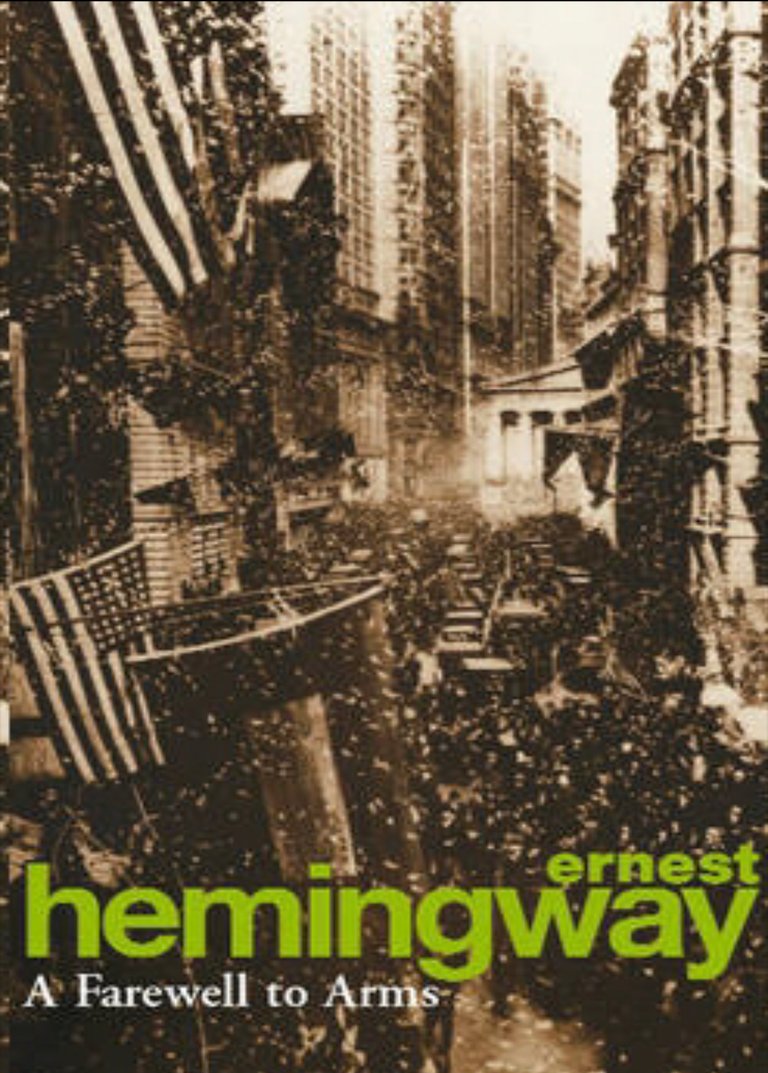
A Farewell to Arms was written in 1928 by Ernest Hemingway. The novel was written from a first-person point of view. It takes us on a profound exploration of war, love and loss, religion, and reality Vs fantasy. During the First World War, it was estimated that over 20 million people lost their lives. Properties were destroyed, children lost their parents, parents lost their children, and people lost their loved ones. Although some countries were not affected, the war left scars on the world worldwide.
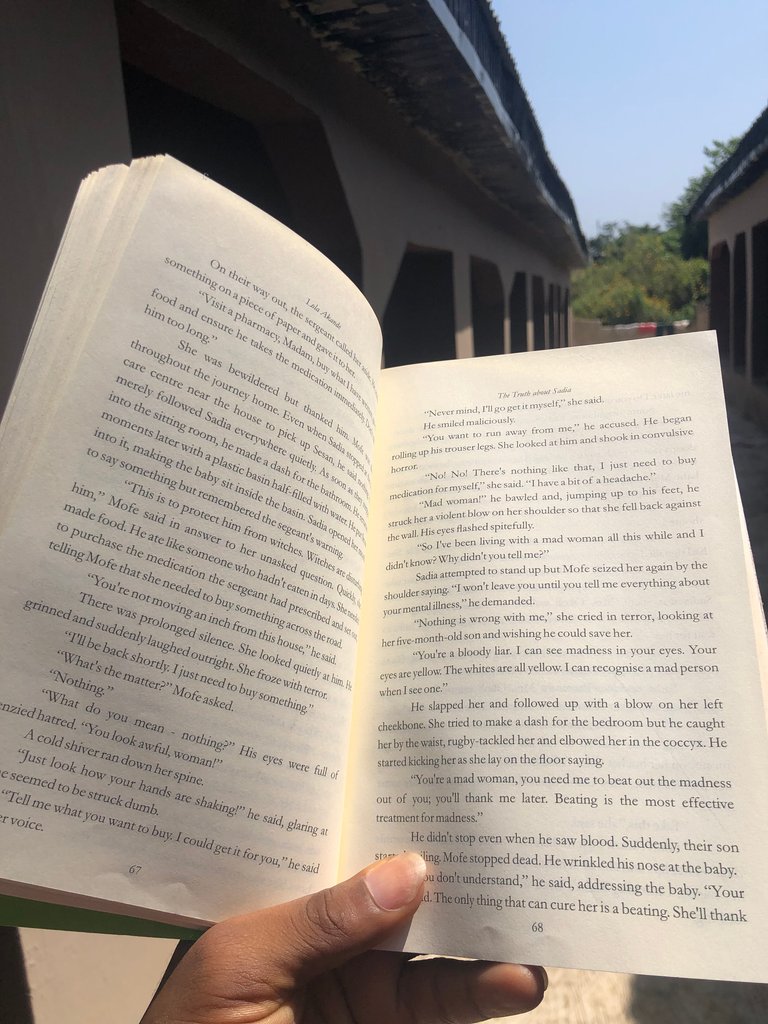
The novel opens in 1916, two years into the First World War. The Italian army is in a war with the joint forces of Germany and Austria. We are introduced to Henry Federick, an American who has joined the Italians as an ambulance corps. He must treat wounded soldiers. At the beginning of the novel, Henry is about to take his leave. He spent time with other soldiers in the “Mess Hall,” joking, laughing, and drinking with them. Soon enough, Henry returns from his winter leave. Upon his return, his friend and roommate, Rinaldi, introduces him to two nurses; Helen Ferguson and Catherine Barkley. Henry and Catherine start flirting with Catherine and soon enough, they kiss and fall in love.
As much as Henry would like to stay with Catherine and as much as Catherine enjoys his company, Henry has to go back to the forefront of the war. Henry, Bonello, and other ambulance drivers are eating macaroni and cheese when a mortar shell from the enemies falls upon them, killing one of the drivers and injuring Henry’s legs badly. Unable to perform his duties, Henry is transferred to a hospital in Milan where he gets operated on by Valentini, a doctor. However, Henry still had to stay for some months to recover. Catherine Barkley is transferred to his hospital. The couple reunites and makes love. Catherine gets pregnant and tells Henry.
Again, Henry has been called back to the war. This time, the joint forces of Germany and Austria have broken through the Italians’ defensive lines and are now forcing them to retreat, killing their soldiers. Fearing for their lives, some Italian soldiers try to run away for their lives which is considered treason. They are shot by their fellow soldiers. Henry and his fellow ambulance drivers reach Tagliamento River, they are met with a group of military police who start shooting them for retreating. Henry jumps into the river and escapes to Stresa. He decides not to be a part of the war again. In Stresa, he reunites with his lover, Catherine. Learning that the Italian army is looking for him for committing treason, Catherine and Henry escape to Switzerland. During Childbirth, Catherine faces contractions- she dies and the child is stillborn.
MY NOTES

Thanks to books like this, we gain insight into historical events. We weren't alive during the First World War, but thanks to books like Ernest Hemingway's A Farewell to Arms, we get a glimpse of what happened during that time.
One thing I find really fascinating is how soldiers were punished during the First World War for treason. They didn't care about ranks; as long as you tried to desert, you would be killed.
In summary, this book is a good read. It gets a 7 out of 10 from me.
Thanks for reading.
Posted Using InLeo Alpha
